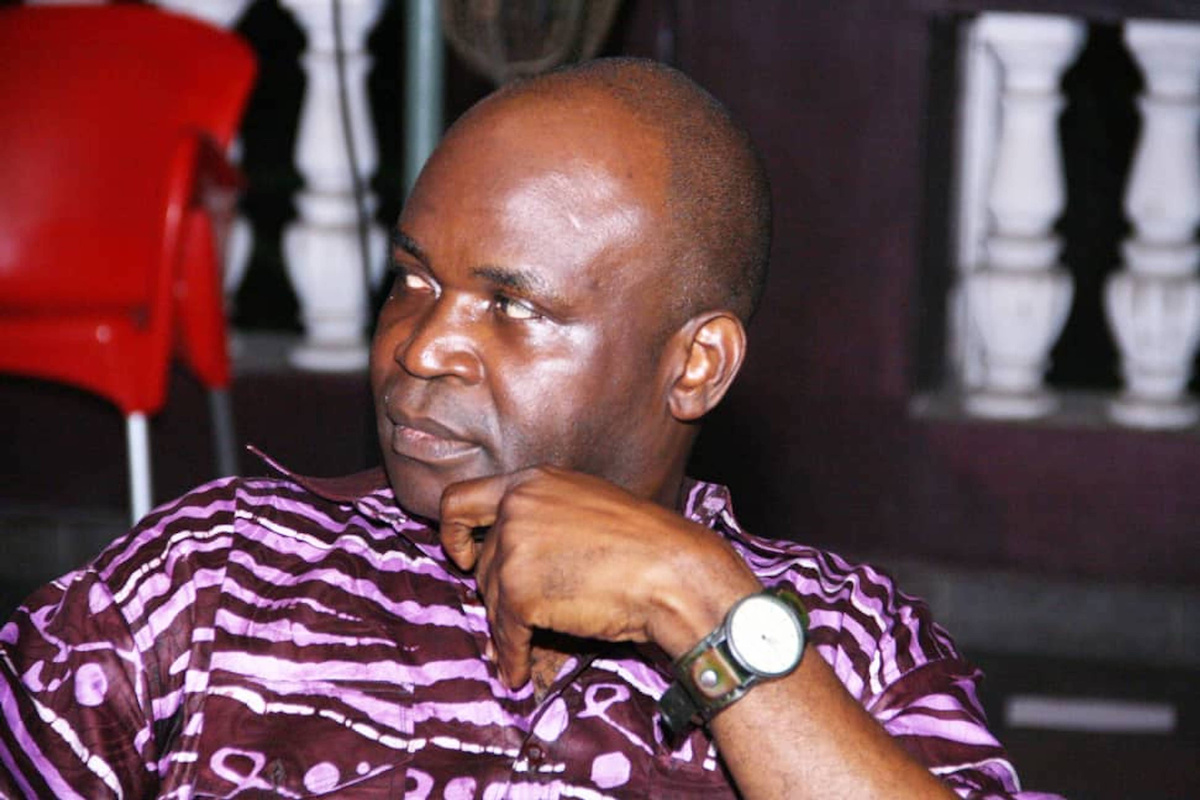Behind the doors of a Chinese hacking company, a sordid culture fueled by influence, alcohol and sex
BEIJING — The hotel was spacious. It was upscale. It had a karaoke bar. The perfect venue, the CEO of the Chinese hacking company thought, to hold a Lunar New Year banquet currying favor with government officials. There was just one drawback, his top deputy said.
“Who goes there?” the deputy wrote. “The girls are so ugly.”
So goes the sordid wheeling and dealing that takes place behind the scenes in China‘s hacking industry, as revealed in a highly unusual leak last month of internal documents from a private contractor linked to China’s government and police. China’s hacking industry, the documents reveal, suffers from shady business practices, disgruntlement over pay and work quality, and poor security protocols.
Private hacking contractors are companies that steal data from other countries to sell to the Chinese authorities. Over the past two decades, Chinese state security’s demand for overseas intelligence has soared, giving rise to a vast network of these private hackers-for-hire companies that have infiltrated hundreds of systems outside China.
Though the existence of these hacking contractors is an open secret in China, little was known about how they operate. But the leaked documents from a firm called I-Soon have pulled back the curtain, revealing a seedy, sprawling industry where corners are cut and rules are murky and poorly enforced in the quest to make money.
Leaked chat records show I-Soon executives wooing officials over lavish dinners and late night binge drinking. They collude with competitors to rig bidding for government contracts. They pay thousands of dollars in “introduction fees” to contacts who bring them lucrative projects. I-Soon has not commented on the documents.
Mei Danowski, a cybersecurity analyst who wrote about I-Soon on her blog, Natto Thoughts, said the documents show that China’s hackers for hire work much like any other industry in China.
“It is profit-driven,” Danowski said. “It is subject to China’s business culture — who you know, who you dine and wine with, and who you are friends with.”
China’s hacking industry rose from the country’s early hacker culture, first appearing in the 1990s as citizens bought computers and went…



